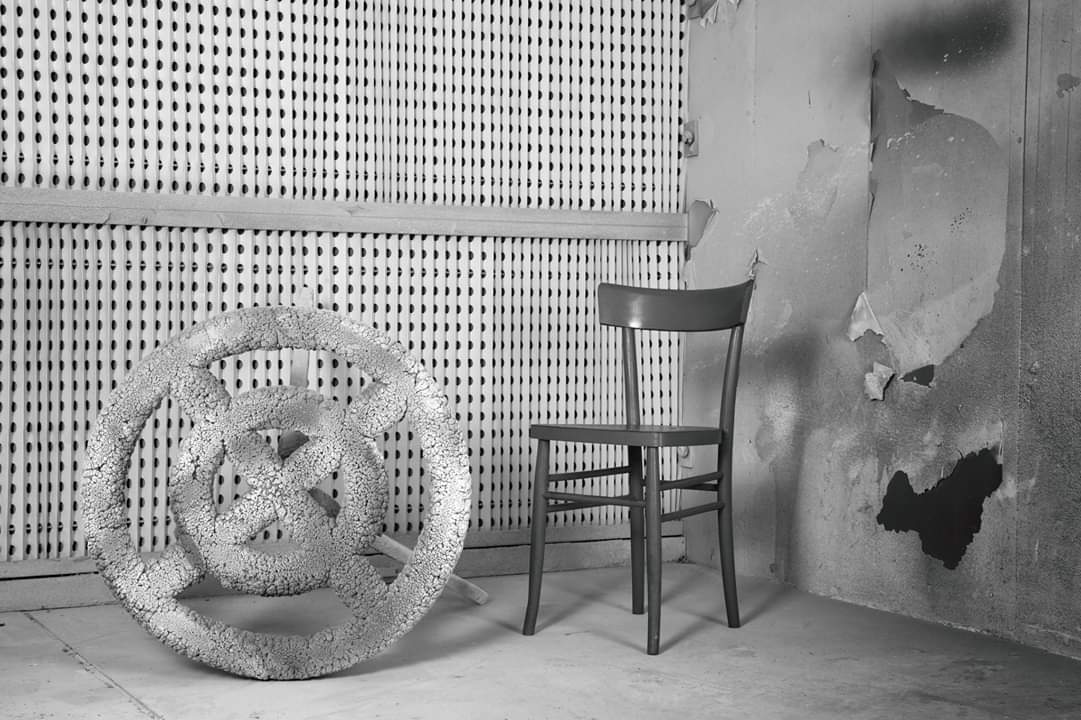The Ministry Office sets up to the aim to reform the education with proposals expected by next April.
Reading time: 1.45 m
The (very positive in intentions) news of eleven teams set up at MIUR by Minister Marco Bussetti on the same number of priority issues is very recent. They will act as innovation lab and will work on:
- transversal skills and orientation;
- scholastic inclusion;
- school sports activities;
- evaluation system;
- first cycle;
- humanistic culture;
- Technical and Professional Schools;
- soft skills and civic education;
- four-year courses and innovative schools;
- territorial teams;
- bullying and prevention.
The teams will be very active, composed of professionals with highly specific skills that will carry out their activity for free. The required approach is very pragmatic, with immediate operational application. In fact, after the initial stage analysis, the proposals will be submitted by April 2019, in order to try to reform the education system, in terms of improved quality, new methodologies, and innovated fields of teaching.
According to the Minister, the school needs reasoned and strategic actions, defined by qualified people, and of concreteness, without upsetting what exists, but acting with clear and precise interventions and with an agile method, based on the real and specific needs. In other words, at the Ministry of Education, the Minister tries to put the gear and to move from words to deeds!
I welcome this attempt to reform an education system that has become anachronistic and far away from the upcoming new needs of the job market and the changing world. I already talked about it in my post on the education systems are at stake. Looking at the Minister’s statements, the hope is that attention and effort should focus on:
- quality of the offer, to affect both the fields and the ways of learning and the learning experience, to take account soft skills and intelligence and socio-emotional learning (I talked about had spoken in my post on social-emotional intelligence) and a greater contact between school and the world of work;
- new methodologies, to achieve a systemic use of technology as a fundamental element of integration to support the learning process;
- didactic innovation, to finally give space to soft skills as well as to STEM and digital skills.
The hope is that the tables lead to substantial reforms. We will wait for the proposals, but in the meantime a positive signal came: the right intentions!








Commenti Facebook